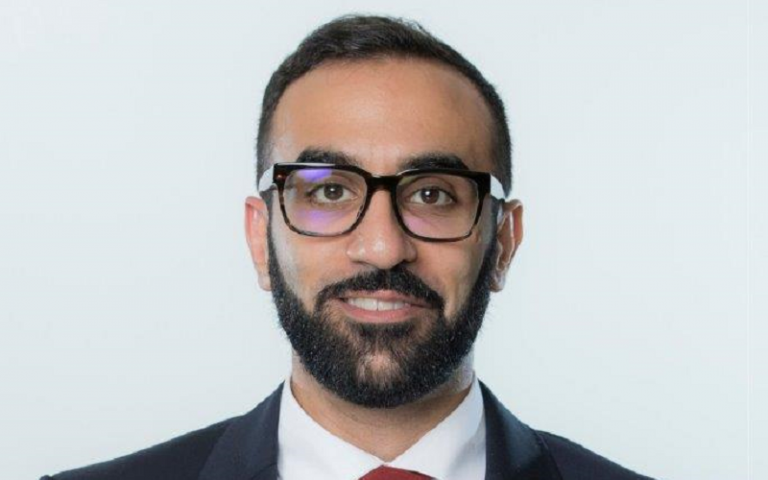
The UCL community is proud to be home to leading role models in businesses, organisations and communities worldwide. In these Q&As, they answer questions from the UCL students looking to follow in their footsteps; this week, it’s the turn of AlixPartners technology consultant Amar Dean.
What advice would you give to your undergraduate self?
Pick a direction and try to steer a path towards it. You’ll learn valuable skills such as managing your expectations, having a long-term outlook and at the very least establish where you don’t want to be. Take the tacit knowledge and skills you’ve acquired to then set a new course and you’ll eventually figure out where you belong.
What makes a good CV? What top tips would you give to a new graduate writing their CV?
Most recruiters will not spend more than a minute or two reviewing your CV so you need to shine quickly. Your CV should be a highlight reel of your most relevant experiences and achievements. Quantify the impact of your contribution rather than listing responsibilities.
Give your CV to a friend and after 1 minute ask them to state what most impressed them – if you disagree with their findings, re-arrange your CV to draw more attention to your best qualities.
What key skills/characteristics do you think employers look for?
Employers place emphasis on tangible skills and an ability to work within a team environment. The work eco-system differs between companies and at times you must adapt to new working practices. You need to show that personal development is important to you and that you are growing your expertise through successive challenges. Employers want to reduce uncertainty and complexity, so be confident in your approach and do your best to sell yourself as a good fit even if you don’t tick every box.
Where do you see yourself in 5 years? What does progression look like?
Progression within consulting is meritocratic and well structured. Consultants are typically promoted every 2-3 years and will go from Analyst to Associate to Vice President usually within 7-10 years if performing at a consistently high level. With each successive promotion your responsibilities grow, although every project is different and on the ground the hierarchy can be flat as every individual does their bit to contribute.
The leap to Director can be difficult as your role will transform, and greater emphasis will be placed on your personal network.
I’m at a crossroad where I either continue to grow my influence by moving to a boutique firm or take up an entrepreneurial endeavour. What I love about consulting is making sense of chaos, so a start-up would concentrate that experience.
How important is further academic study in your industry? What are the pros and cons of doing a PhD? What continuing professional development have you undertaken?
Further academic study is greatly desired. While some consultancies are happy to take undergraduates, a premium is placed on work experience and a Masters or above qualification. I am currently pursuing a Master of Business Administration (MBA) at Imperial College London and this is a common degree for consultants. Few roles will explicitly state a PhD as a requirement but if you wish to conduct research or occupy a niche technical role you may find this is a barrier to entry. Consider whether specialising is important to you before doing a PhD as it is a large commitment and you should be confident that it is necessary for your objectives.
Want to join Amar in shaping the journey of the next generation of UCL graduates? View our range of digital volunteering roles or visit the Alumni Online Community (AOC) today.
 Close
Close




